**WARNING: This story contains a description of suicide that may be triggering for some readers. Just know that it is, in the end, a piece about hope.**
When I was nineteen, a young man I’d known for 2 weeks called me at 2:37 in the afternoon, asked me to say goodbye to his family for him, and stepped in front of a semi on the interstate. Nothing before or since has pushed me so close to the edge of my capacity for forgiveness (If you’d like to read that story in-depth you can find it here, this piece will be focused on trust and recovery).
Stick around. It gets brighter!
I’m not a therapist or a counselor. He and I met at the retirement home where we both worked. I was a chef, he was a CNA. We got started talking one afternoon and went to some forgettable war movie together. He asked me if we could leave halfway through.
Afterward, we sat in the parking lot in his Jeep, where he told me about his struggles with his father and his PTSD from being a combat veteran of the Iraq War.
This sort of conversation is not abnormal for me.
People seem to trust me. For as long as I can remember, people I barely know have unloaded their deepest, darkest secrets on me. I couldn’t begin to count the number of people who have come out of a 20-minute speaking trance to say something to me like “it’s only my closest friends that know that, please don’t tell anyone, okay?” (I always think: who would I tell? We met five minutes ago).
Last November, I had a phone conversation with a loan officer. Ten minutes into it, I knew nitty-gritty details from her divorce four years ago. A woman I talked to on the Apple TV support hotline last summer told me that our conversation had been “therapeutic” for her.
As far as I can tell, there’s only one reason for this trust: I express genuine curiosity. I’ve spent my life wondering what it’s like to not be me. In my experience, people are walking around dying to talk about themselves, but because of societal norms, they keep everything bottled up.
Here’s my rule: treat every new person you meet as if they will teach you as much or more than that best-selling self-help book that you really want to buy. Some of them will. Just go through life loving people for the same reason you love to read; because each one can give you a chance to step outside your own egocentric perspective for just a second. Overall, this will be a net gain in your life.
But a few people, unfortunately, will abuse the reciprocal trust that this sort of exchange demands. That’s what happened to me in 2011. A young man sat in a parking lot with me after a movie and told me that he wanted to kill himself, but that he would never go through with it.
I told him that was ridiculous, he had so much to live for, what about Brittney? (Name changed*). I hadn’t gone to college or learned anything about mental health warning signs yet. I’d just always considered myself a confidant, so I kept his secret.
One week later, he called me (a man he’d known for two weeks), to ask me to say goodbye to his family. I told him no, that I wouldn’t do that, and I asked him to tell me where he was. He refused and went through with his plan. I heard the line go dead at the moment of impact.
It took me years to forgive him for taking advantage of me like that. It took even more time to forgive myself for not being able to “save” him.
Let’s talk about trust for a minute. As cooperative animals, trust was the only way we survived and built societies.
The modern world is a giant experiment in the trust of strangers. We tend to forget this, with the fear-and-dissatisfaction-spewing news machine looming over us. But we trust in people we’ve never met every time we leave the house. We trust that the bus driver isn’t drunk. That the people at the stoplight are going to follow the same rules that we are. That there are no psychos at the grocery store. We have to trust to get through any public day.
It turns out the average person is far more trustworthy than we realize. In my favorite study ever, researchers led by Alain Cahn asked people in a Toronto suburb: “how likely would it be that someone would give you your wallet back if you lost it?” The average answer was 17%. People’s level of trust in strangers is at an all-time low. But (spoilers) that’s mostly unfounded!
Cahn and his team of researchers went around sprinkling 17,000 wallets on the streets of 40 countries like a flurry of folio-gifting fairies. And guess what? Most of them came back! The weirdest quirk? The more money that was in the wallet, the more likely it was to be reported and returned (a team of 279 economists predicted the opposite outcome). 46% of wallets with no money were returned, 61% of wallets with roughly $13 were returned, and 72% of wallets with $100 were returned.
The majority of people in your life are not going to breach your trust. The majority aren’t going to call you and ask you to say goodbye to their families. The majority are going to be worth your trust. And you’ll find many rich and rewarding experiences and relationships from being open to others. However, we must always put effective boundaries in place. That was the biggest lesson from my bad experience with my co-worker. Learn to put effective boundaries in place, because the answer is never “stop trusting.”
We can do this by:
Expressing that we’re not comfortable. It’s ok to admit that you’re out of your depth and get help instead of trying to be a confidant. If someone I’d just met were to express the same feelings to me again, I would tell them that I wasn’t comfortable discussing it, then try to get them on the phone with a hotline/professional. If they refused, I’d find a family member of theirs and tell them what I’d experienced, and then tell the person that I couldn’t spend time with them anymore.
Screen people before you form deep connections with them. There are always going to be chaotic people. If you want to live a fulfilled, deeply connected life, you can’t connect deeply with people who don’t have their sh*t together. Help them from afar and guide them if they ask, but do not let them be close friends. Life’s too short.
If someone does break your trust, try to focus on the fact that you are not responsible for them or their actions. This will be challenging in the moment, but it will become easier and easier with the benefit of years.
Looking back, those were my takeaways. It took me a while to trust again, but I knew that I had to, to live the kind of life that I wanted. I had to build boundaries, forgive, and move on.
I remain an advocate for trusting in others.





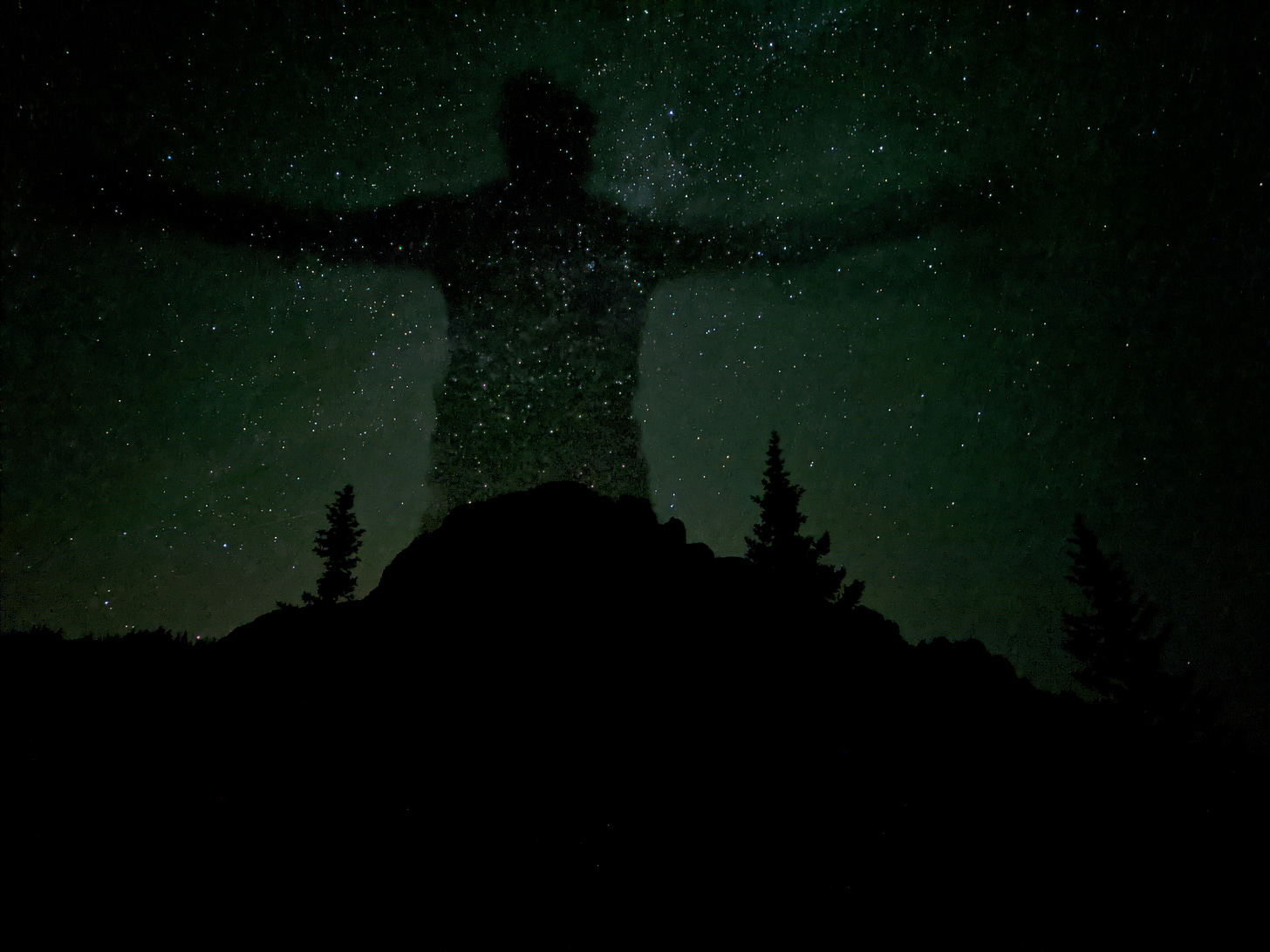

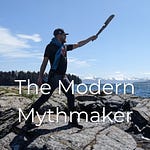
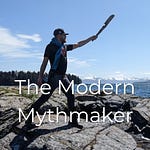
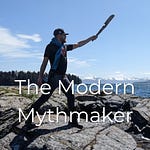

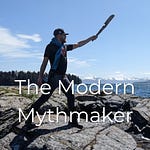

Share this post